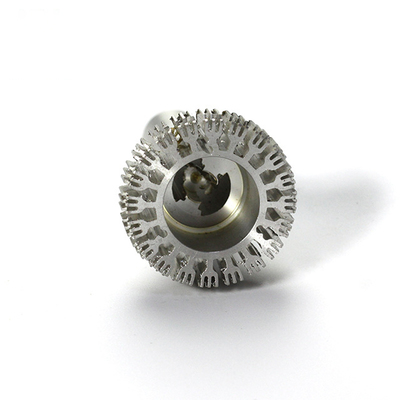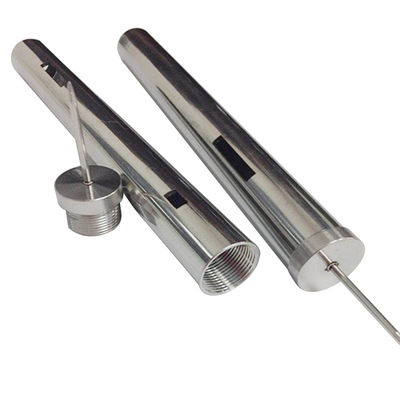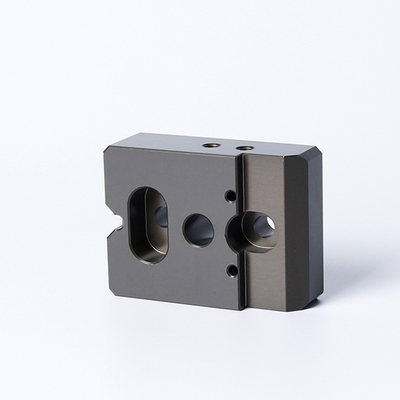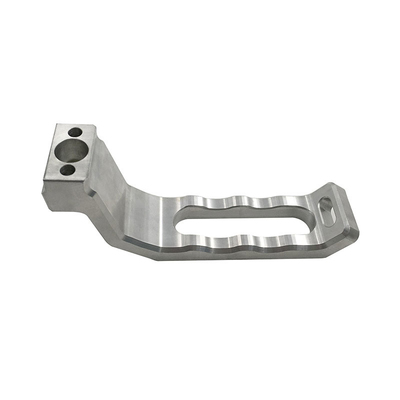The zinc oxide nanowires with controllable size were prepared by a combination of die casting and oxidation.
Electronic equipment has undergone a huge transformation in the past ten years, from rigid systems to flexible systems, and is currently evolving to retractable systems. Due to their interesting properties, high thermal stability and chemical robustness, the main active ingredients used in these devices are mostly one-dimensional inorganic semiconductors in the form of single crystal nanowires. These nanowires exhibit special physical and chemical properties, which makes them have many applications, such as biological and chemical sensors, flexible circuits, including terahertz detectors, artificial electronic skin sensors, flexible displays, and optoelectronic devices.
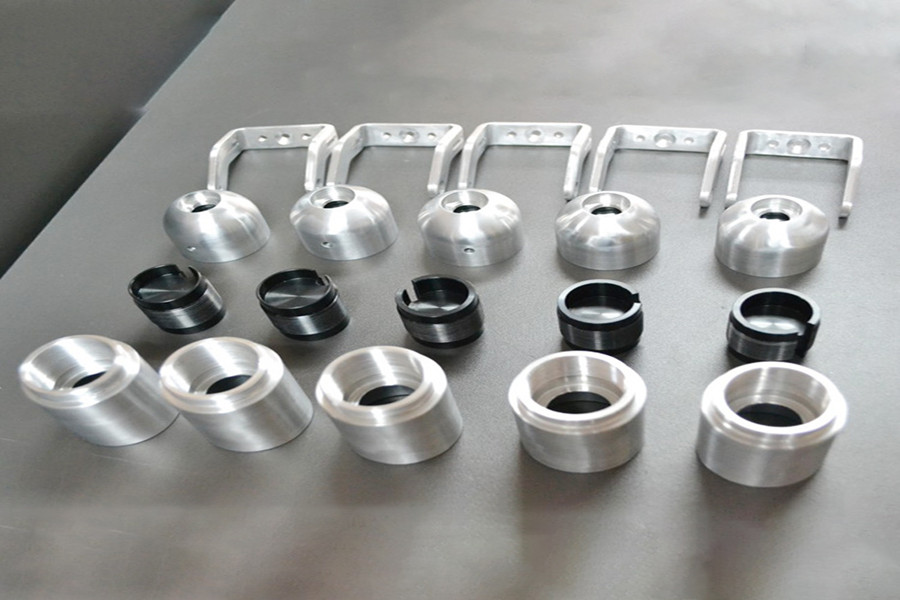
In fact, the application of nanowires is attributed to several cost-effective and mass-produced synthesis techniques. The main problem of nanowire synthesis is structure control, which brings some basic challenges, because the mechanical flexibility, optical transmittance, electrical and electronic properties of nanowires all depend on the nanowire's stretch-to-width ratio (AR) and surface-to-volume ratio .
Here, the researchers demonstrated a simple method to prepare one-dimensional ZnO nanowires (NWs) with the aid of an anodic aluminum oxide (AAO) template using a vacuum die-casting method. This casting method enables molten Zn to be uniformly embedded on the AAO nano-film at a high pressure and temperature of 500°C. The significant influence of oxidation time and oxidation temperature promoted the growth of zinc oxide nanowires in AAO nanochannels. The oxidation process in the nanochannel is mainly controlled by the inward diffusion of oxygen atoms. Zinc oxide grows vertically along the surface and obeys the parabolic law.
TEM and XRD results show that ZnO has a wurtzite crystal structure deviated along the c-axis. Through microscopic and spectroscopic analysis, the relationship between the geometry of zinc oxide and the function of oxidation parameters was proved. The ZnO NWs crystals obtained by chemical etching have high, uniform, high aspect ratio, and are related to the pore size of AAO.
In addition, the electrical properties of the prepared ZnO NWs were measured in a four-electrode system using a single nanowire device fabricated by FIB. The resulting current-voltage characteristic curve exhibits a hysteresis loop due to the space charge limiting current effect, confirming its potential in practical electronic applications.
In this work, the preparation of crystalline ZnO NWs by AAO template-assisted vacuum die-casting method was systematically studied. The physical and chemical properties of NWs were verified by electron microscope and spectral analysis. By optimizing the parameters, the electrical performance of the single crystal ZnO NW device prepared in the four-electrode system was evaluated.
plan 1. The specific scheme of preparing ZnO NWs using AAO template assisted vacuum die-casting method is introduced.
Scenario 2. The oxidation mechanism of zinc/AAO template.
The space charge limited current (SCLC) effect is widespread in NW semiconductor materials, and the main reason is charge trapping; (i) defects existing in the material and (ii) adsorbent on the surface. Generally, when the size of a semiconductor material is reduced, due to weaker defects of the material, the amount of charge trapped is also reduced.
In addition, the main influence of SCLC effect in NWs is reflected in the absorbent on their surface. During the chemical adsorption process, oxygen is adsorbed on the surface of ZnO NW, forming a depletion layer that traps free electrons, which strongly affects the conductivity of NW. The results show that as the length of NWs increases, the current caused by charge trapping decreases. By tuning the length of ZnO NWs, the conductivity of nanodevices can be optimized.
ZnO NWs 1D crystals were prepared by the anodic aluminum oxide (AAO) template-assisted vacuum die casting method. When the pouring temperature is 500℃, functionalization can make Zn evenly accumulate on the AAO template. By optimizing oxidation parameters such as oxidation temperature and time, researchers can precisely control the growth of zinc oxide NWs in AAO nanochannels.
High-purity and uniform ZnO NWs were obtained from the dissolution process, and their physical and chemical properties were determined by TEM, FE-SEM, x-ray diffraction and Raman spectroscopy. In addition, the relationship between the length of ZnO NWs and the electrical behavior was determined by the space charge limiting current effect.
In general, zinc oxide nanowires (ZnO NWs) prepared by vacuum die casting have high purity and uniformity, and can be used for potential electronic applications.
Link to this article:
Reprint Statement: If there are no special instructions, all articles on this site are original. Please indicate the source for reprinting:https://www.cncmachiningptj.com
 PTJ® provides a full range of Custom Precision cnc machining china services.ISO 9001:2015 &AS-9100 certified.
PTJ® provides a full range of Custom Precision cnc machining china services.ISO 9001:2015 &AS-9100 certified.
Machining shop specializing in fabrication services for construction and transportation industries. Capabilities include plasma and oxy-fuel cutting, Tailored machining, MIG and Custom Aluminum Cnc Precision Milling Welding Jig Fixture, roll forming, assembly, Lathe machining stainless steel cnc machine shaft, shearing, and CNC Swiss Machining services. Materials handled include carbon and Passivation Stainless Steel Machining Cover Plate Parts.
Tell us a little about your project’s budget and expected delivery time. We will strategize with you to provide the most cost-effective services to help you reach your target,You are welcome to contact us directly ( sales@pintejin.com ) .
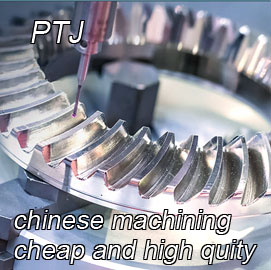
- 5 Axis Machining
- Cnc Milling
- Cnc Turning
- Machining Industries
- Machining Process
- Surface Treatment
- Metal Machining
- Plastic Machining
- Powder Metallurgy Mold
- Die Casting
- Parts Gallery
- Auto Metal Parts
- Machinery Parts
- LED Heatsink
- Building Parts
- Mobile Parts
- Medical Parts
- Electronic Parts
- Tailored Machining
- Bicycle Parts
- Aluminum Machining
- Titanium Machining
- Stainless Steel Machining
- Copper Machining
- Brass Machining
- Super Alloy Machining
- Peek Machining
- UHMW Machining
- Unilate Machining
- PA6 Machining
- PPS Machining
- Teflon Machining
- Inconel Machining
- Tool Steel Machining
- More Material

